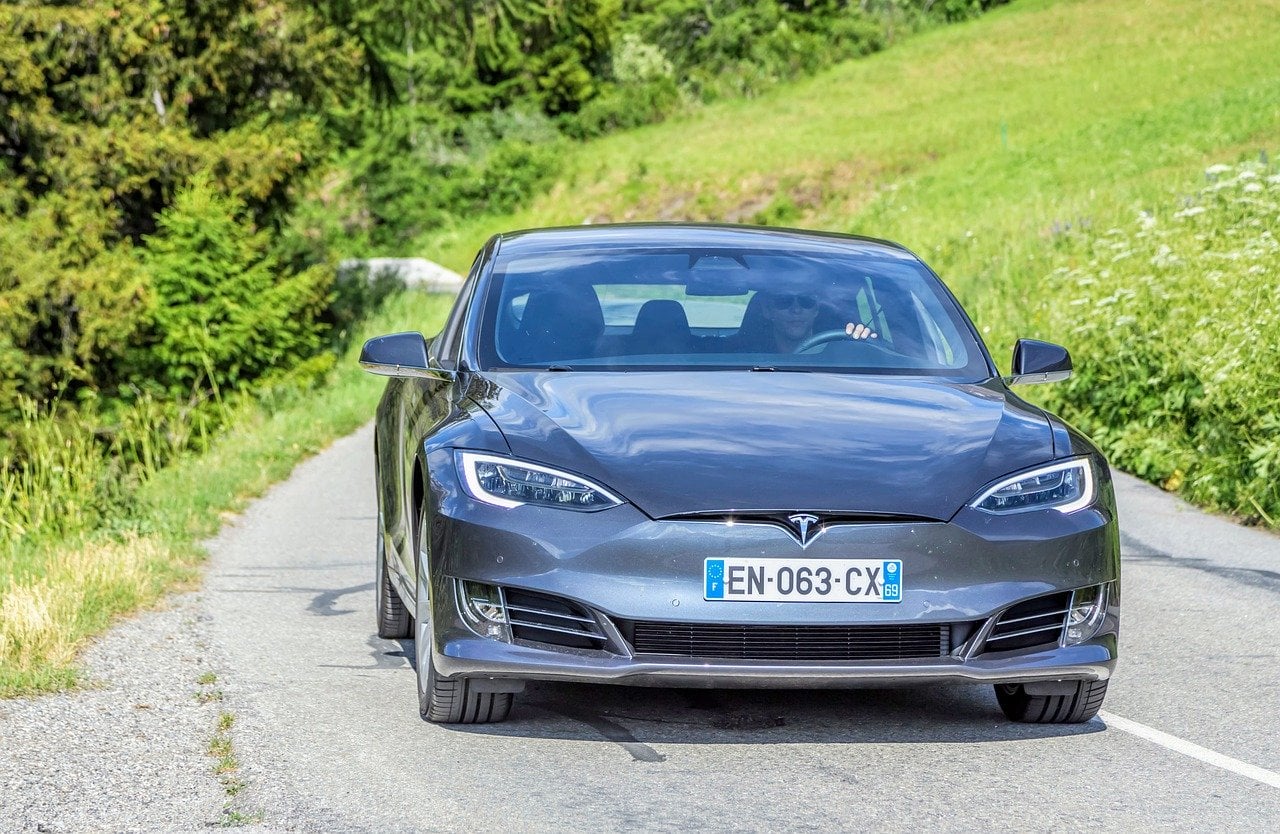Two facts regarding a transition to renewable energy are indisputable. First, unlike fossil fuels renewables can rarely be used directly. You can’t power your car from the sun or cook you dinner with wind. Effective use of renewable energy requires electrification. Second, electrification of transportation requires electric cars. This has been generating a lot of wind (hot air) regarding electric cars but little else so far with the exception of Tesla. A successful electric car must check four boxes: design (modern tech look), price, range and availability in quantity.
Only the Tesla Model 3 (and potentially the forthcoming Model Y) checks all four boxes. The Bolt is boring. The Leaf is ugly. The Polestar is not available in quantity. The i3 is getting long in the tooth and still lacks the range. The Taycan is way too expensive. The Jaguar and the Audi are large expensive SUVs comparable to Tesla’s Model X. There are other competitors like Fisker, but they produce a few high-priced exotics. Is it any surprise that in the United States the Tesla Model 3 outsells all other electric cars combined? And now we learn that Mercedes has withdrawn the EQC 400 luxury SUV from the U.S. market for 2020. How does Mercedes plan to gain credibility with U.S. car buyers?
TSLA dominating EV market
What is particularly surprising is that all of this is true more than seven years after the Model S was introduced on June 22, 2012. The failure of the German and Japanese car manufacturers to produce new, sexy, electric cars in large numbers at reasonable prices during the last seven years is particularly disappointing. Germany is a world leader in the push for renewable energy and electrification. With their respected auto industry, one might have expected them to be a world leader in automotive electrification. Ironically, with its new German factory, the leading producer of electric cars in Germany might soon be Tesla.
That brings us to Tesla’s record market capitalization of approximately $70 billion. That number is far in excess of General Motors and nearly twice that of Ford. From a fundamental perspective Tesla’s valuation is hard to justify. Relative to earnings and revenue Tesla trades more like a technology company than an automobile manufacturer. But the failure of competition to respond aggressively casts doubt on the bear assessment.
Until there are deliveries of new, reasonably priced, and creatively designed electric cars from traditional manufacturers, there is reason to believe that Tesla’s valuation may not be as excessive as many fundamental valuation models suggest. Those valuation models are premised on the entrance of real competition. That real competition has yet to arrive.
The failure of competitors to get into the electric game runs afoul of what economists call learning by doing. To make better electric cars you have to start by making electric cars. The more cars you make, the more you learn and the better and less expensive future cars become. By not being actively in the game for the last seven years, competitors have let Tesla improve at their expense. It may be that building electric cars is more difficult and less profitable than is appreciated, but that is not a reason to dilly-dally. The electrification of the vehicles is inevitable and the longer traditional producers delay the larger Tesla’s gap becomes.
In addition, there are economies of scale. Given the capital-intensive nature of the automobile industry, economies of scale are particularly important. Outside of China, no one is producing electric cars in numbers close to Tesla. The introduction of the Model Y is likely to increase that gap. Of course, there is the Tesla truck as well. Its radical design may not succeed, but it underscores Tesla’s willingness to take bold risks.
The bottom line is that by producing exclusively electric cars and doing so in large volume, Tesla gains a massive edge over competitors who continue to produce primarily internal combustion engine cars while dabbling in the electric market. The competitors keep saying the electric wave is about to break, but like fusion power, it always seems to be in the future. Mercedes’ decision to push back their U.S. introduction is just another example.
The next Amazon?
There is a joke about professors that goes, “Those who can do, do. Those who can’t do, teach.” Perhaps there ought a similar adage for the car business that goes, “Those who can make electric cars, produce them. Those who can’t make electric cars, talk about producing them.” The market is pricing Tesla stock as if it will dominate the future electric car market. While that seems excessive, given the state of competition to date it may be justified. If the competitors do not start making interesting, reasonably priced, electric cars in scale, they may face the same fate of retailers who did not respond quickly to Amazon.
If that happens, Tesla’s record market cap may not represent overvaluation at all. But there are counter examples. The Ford Mach E Mustang is a case in point. If Ford leads a wave of new, interesting, fairly priced electric cars, then Tesla’s stock price is due for a drop. The year 2020 should be a very interesting one.






